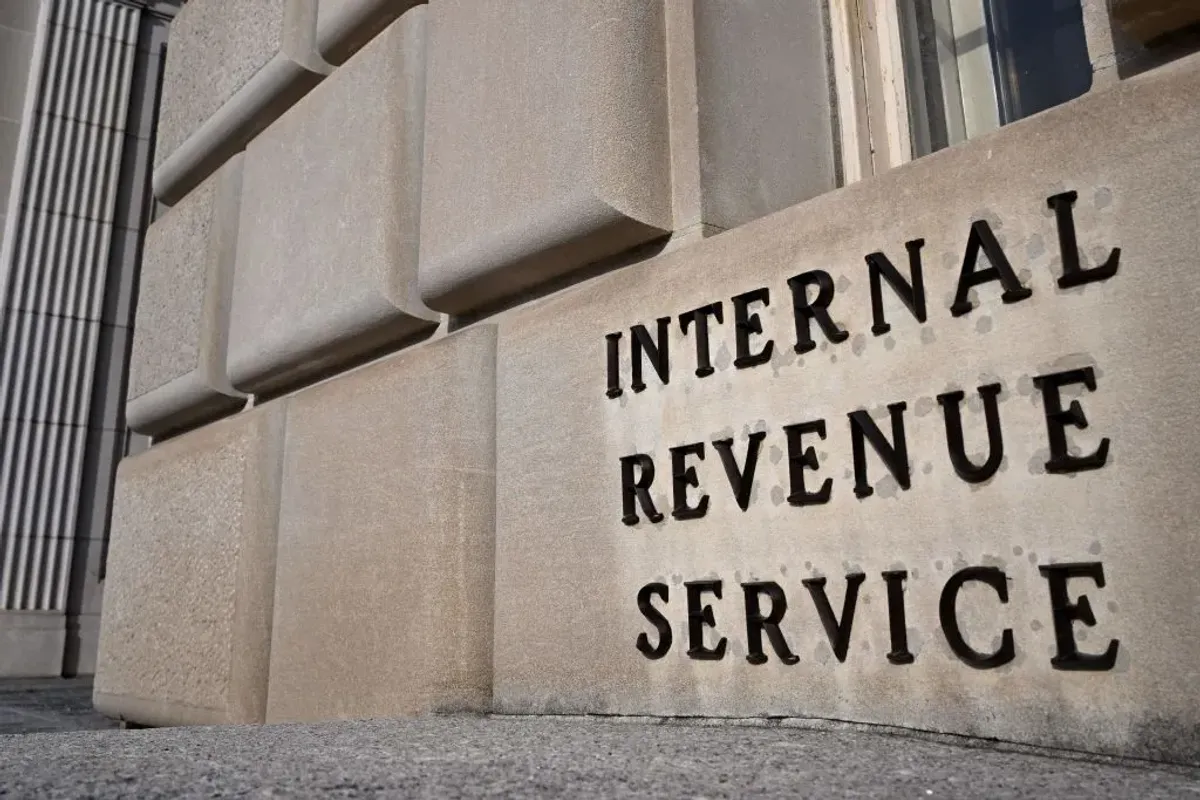
Department of The Treasury Internal Revenue Service to aggressively pursue 1,600 millionaires and 75 large business partnerships (Photo: nbcnews)
Department of The Treasury Internal Revenue Service Commissioner Daniel Werfel stated that with more federal funds and the use of artificial intelligence techniques, IRS now has new methods of identifying wealthy individuals who have “cut corners” on their taxes.
According to Messenger-Inquirer, Commissioner Werfel stated that a large hiring push and AI research tools built by Department of The Treasury Internal Revenue Service workers and contractors are assisting to discover rich tax evaders. The agency is attempting to highlight favorable outcomes from a surge of new spending during President Joe Biden’s Democratic administration, even as Republicans in Congress want to claw back some of that money.
In July, Department of The Treasury Internal Revenue Service leadership announced that it had collected $38 million in back taxes from more than 175 high-income people in just a few months. Daniel Werfel stated that IRS will now increase its efforts in this area.
“The Department of The Treasury Internal Revenue Service will have hundreds of revenue officers who are focused on these high-end collection cases in fiscal year 2024,” Werfel said.
READ ALSO: Multinational Navy Exercises “Sea Breeze 23.3” To Take Place In Black Sea Featuring Romanian, Ukrainian, And US Naval Forces
In 2021, a team of university economists and Department of The Treasury Internal Revenue Service researchers discovered that the top 1% of income earners in the United States fail to declare more than 20% of their incomes to the IRS.
According to AP News, Grover Norquist, president of the conservative Americans for Tax Reform, stated that the IRS’ strategy to target high-income persons does not exclude the Department of The Treasury Internal Revenue Service from eventually targeting middle-income Americans for audits.
With resources supplied by the Inflation Reduction Act, which Joe Biden signed into law last August 2022, the federal tax collector obtained improved power to locate tax delinquents. The agency was set to receive a $80 billion infusion under the law, however that money could be reduced by Congress.
The debt ceiling and budget cuts deal agreed by Congress last summer included a $1.4 billion cut to the Department of The Treasury Internal Revenue Service. According to the White House, the debt pact includes a separate agreement to shift $20 billion from the Department of The Treasury Internal Revenue Service over the next two years to non-defense projects.

















































